Locksmithing is one of the oldest professions. It is believed to have started in Ancient Egypt and Babylon about 4000 years ago. A common belief was that the first locks were small and portable and were used to protect goods from thieves that were common on old travel routes. Locksmithing is the science and art of making and defeating locks.
Locksmithing is a traditional trade and in many countries requires an apprenticeship. The level of formal education legally required varies from country to country, from none at all, to a simple training certificate awarded by an employer, to a full diploma from an engineering school (as in Australia), in addition to the time spent working as an apprentice. A locksmith knows everything about locks; she makes them, puts them on doors and repairs them. If you've ever been left out of your home, the person you should ask for help is a locksmith.
When you need a fresh copy of your apartment key, you can also visit a locksmith. The word comes from lock and smith, from Old English smií°, one that works with metal. Since the 1540s as a subjection, hence a struggle in wrestling (c. In firearms, the part of the mechanism that explodes the charge (the 1540s, probably named so because of its resemblance to a door lock device), therefore, the figurative phrase of lock, stock and barrel (which add to the entire firearm) everything something (184) Phrase under key attested since the beginning of 14c.
In terms of physical security, the job of a locksmith often involves determining the level of risk to a person or institution and then recommending and implementing appropriate combinations of equipment and policies to create layers of security that outweigh the reasonable profit to an intruder or attacker. In Australia, future locksmiths must take a technical and higher education (TAFE) course in locksmithing, the completion of which leads to the issuance of an Australian Qualifications Framework Level 3 certificate and complete an apprenticeship. However, locksmiths at the time were also experts in turning, tempering springs, making screws, adjusting and drilling holes, among other industry-specific techniques. If your job is to install locks in people's homes and fix their broken locks, you can call yourself a locksmith.
The best thing locksmiths could do was to add features such as false locks that, at best, could confuse an intruder. During that century, many famous locksmiths managed to improve designs that remained virtually unchanged since the fall of the Roman Empire. Most modern locksmiths have also moved from hardware components related to doors, such as repairing hinges and frames, cutting keys, to modern security devices such as surveillance cameras, alarms and smart locks. Lock designs became significantly more complicated in the 18th century, and locksmiths often specialized in repairing or designing locks.
Louis' interest in locksmithing as a real person was considered unusual, and his contemporaries frequently commented on it. Despite the lack of extreme technical advances during the Middle Ages, locksmiths still created strong locks and felt constant pressure to outsmart thieves. The king knew what he knew about his royal locksmith Francois Gamain and ordered a safe for sensitive documents. In addition, locksmiths in many places are required by law to receive training and maintain certification.
There is a wide range of applications for locksmith services, but a professional locksmith technician may not understand your specific needs until an inspection is performed. Rogues knew a lot about picking locks long before locksmiths discussed it among themselves, as they have lately. For determining skill levels, certifications from manufacturers or locksmiths associations are often more valid criteria than certificates of completion. .
Your Local Locksmith
554 W 50th Street
New York, NY 10019
(347) 801-2481
https://www.yourlocksmithny.com/
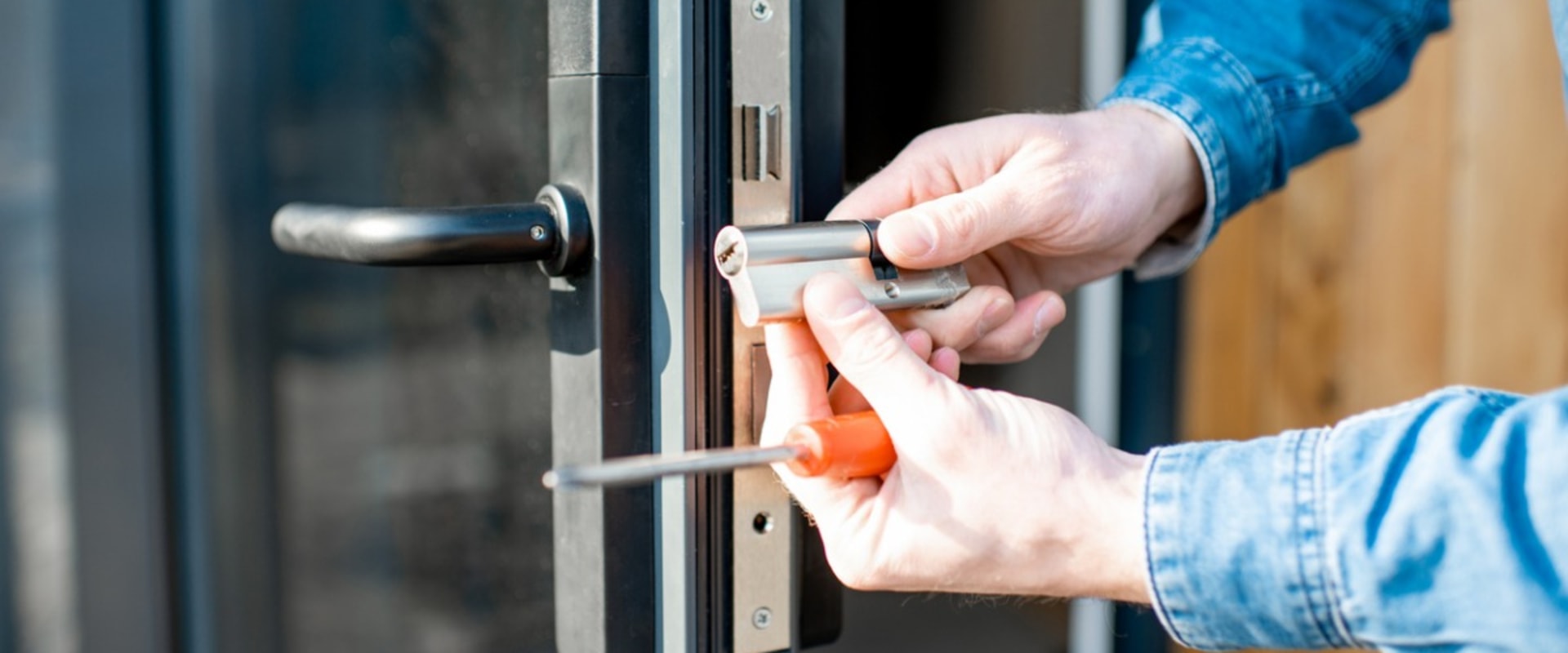
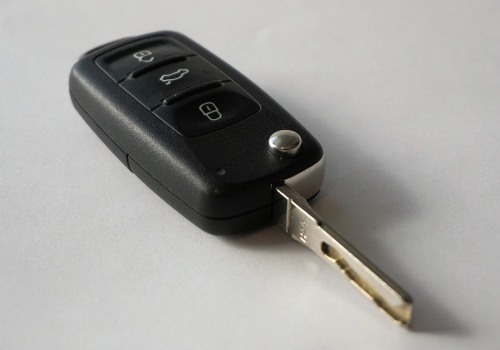
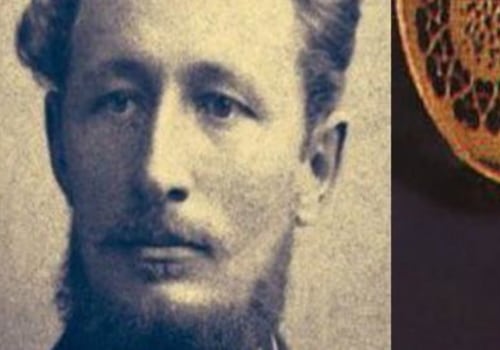
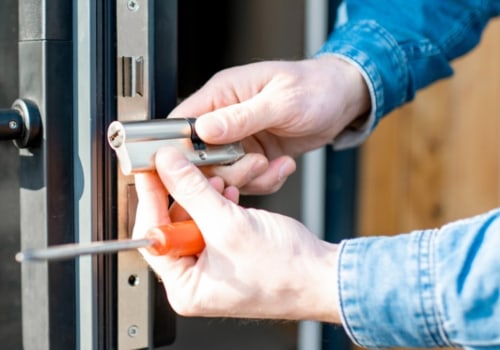
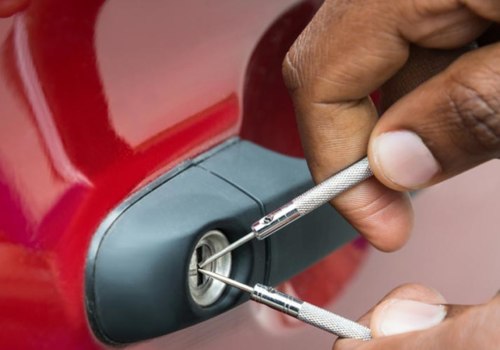

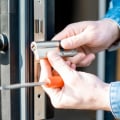
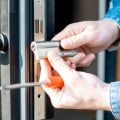
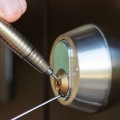
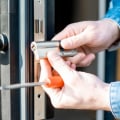
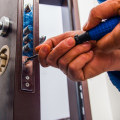
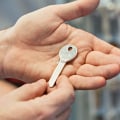
Leave a Comment